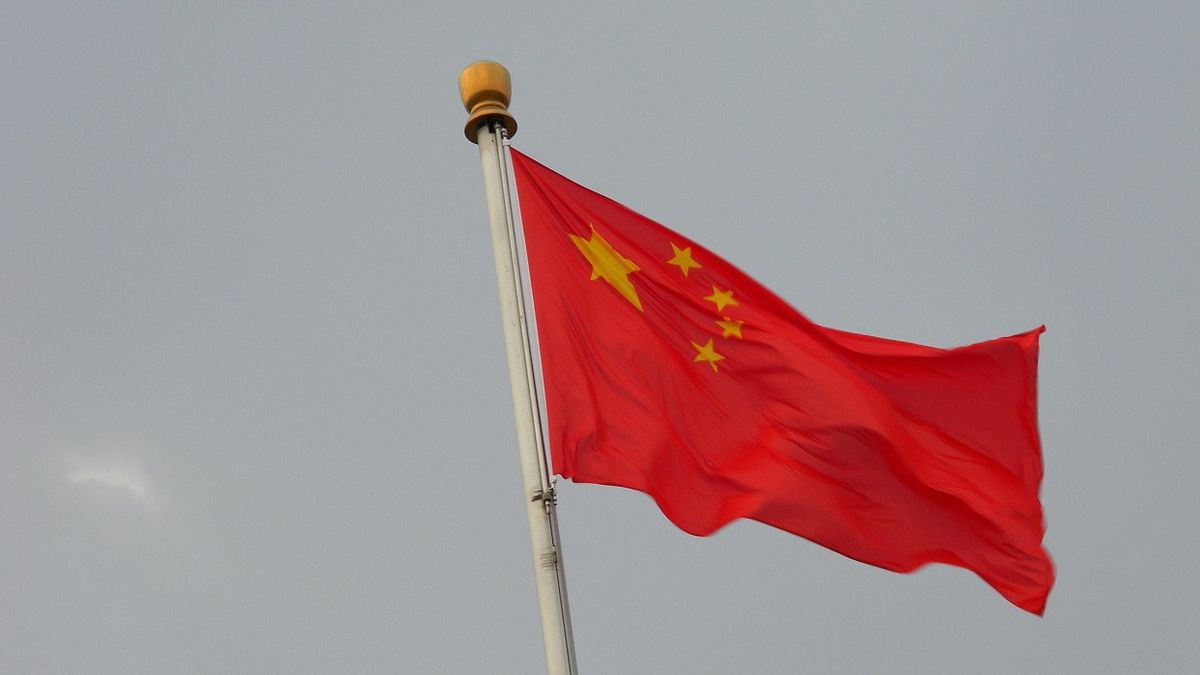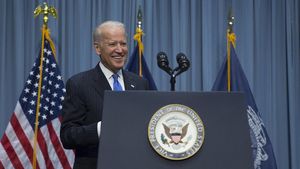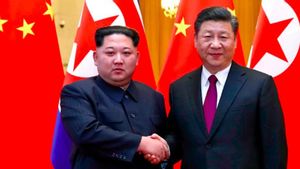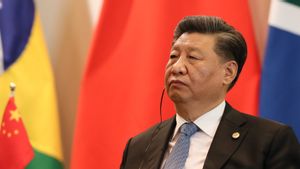JAKARTA - The Chinese government passed a law to counter foreign sanctions, related to pressure from the United States and the European Union on trade, technology, Hong Kong, and Xinjiang, Thursday local time.
The new law is China's newest and most widespread legal tool to retaliate against foreign sanctions and is meant to give China's retaliatory actions more legitimacy and predictability, according to local experts.
To that end, China's top legislature, the Standing Committee of the National People's Congress (NPC) passed the law on Thursday, according to state television CCTV. However, details of its contents have not been released.
All 14 co-chairs of the committee are under US sanctions for passing the National Security Act last year, which critics say has crippled political freedoms in Hong Kong. Beijing says it is necessary to restore stability in the city-state.
Earlier, President Xi Jinping in November called for the ruling Communist Party to use legal means to defend China's sovereignty, security, and interests from foreigners.
Meanwhile, in its annual work report in March, the NPC said it wanted to update its legal toolbox to deal with risks from sanctions and foreign interference.
In January, the commerce ministry announced a mechanism to assess whether foreign restrictions on the Chinese trade and business activities are justified and for Chinese individuals or companies to seek compensation in Chinese courts.
Sanctions by the United States and its allies are growing, related to China's treatment of the Uighur Muslim minority in Xinjiang and pro-democracy activities in Hong Kong, prompting retaliatory sanctions by China against the US and European Union politicians and officials.
SEE ALSO:
To note, this bill was first to read in secret in April. Today's ratification comes two days after the NPC announced they were in the middle of reading the second bill.
This approval was responded to with concern. The European Union Chamber of Commerce said its members were concerned about the lack of transparency about the passage of the bill.
"China appears to be in a hurry. Such actions are not conducive to attracting foreign investment or convincing companies that increasingly feel they will be used as sacrificial pawns in the political chess game", EU Chamber of Commerce president, Joerg Wuttke told Reuters.
The English, Chinese, Japanese, Arabic, and French versions are automatically generated by the AI. So there may still be inaccuracies in translating, please always see Indonesian as our main language. (system supported by DigitalSiber.id)


















